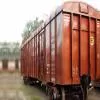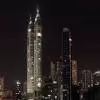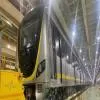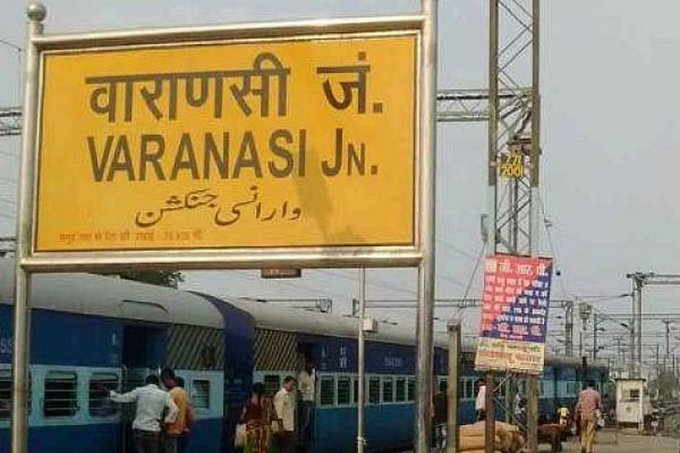
Varanasi Junction to become zero-waste railway station
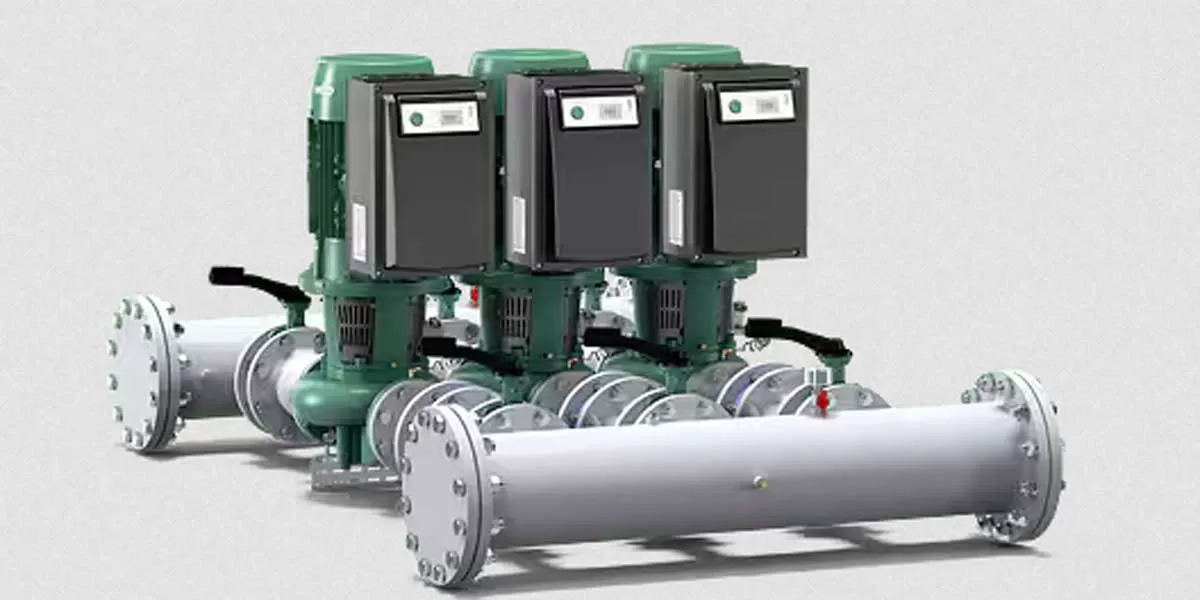
Wilo Pumps Boost Efficiency in India’s Metro Stations and Airports
As India’s metro stations and airports handle millions of passengers daily, ensuring seamless operations is critical. One key factor in keeping these transport hubs running smoothly is pump technology. Wilo, a global leader in pump solutions, plays a vital role in water supply, drainage, fire safety, HVAC, and wastewater management in these high-traffic facilities.Metro stations and airports require a steady water supply for drinking, restrooms, cleaning, comfort cooling and fire fighting. Wilo pumps provide reliable water flow, ensuring uninterrupted service even during peak hours. Addition..
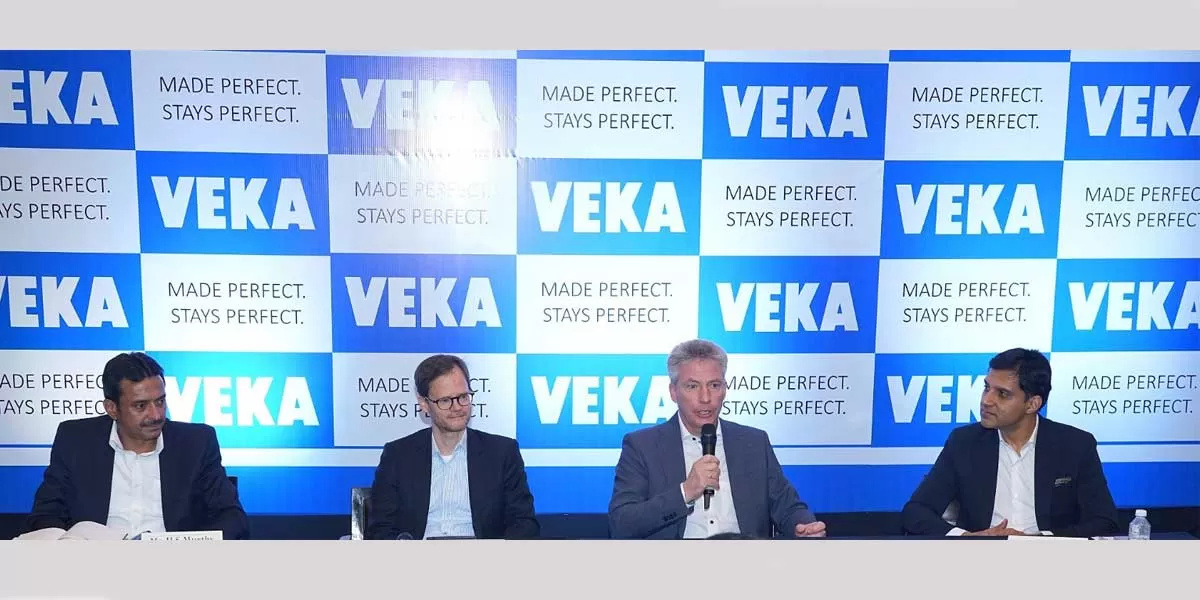
VEKA Acquires 100% Control of uPVC Business in JV NCL VEKA
VEKA Germany, a global leader in the uPVC profile industry, has successfully acquired 100% ownership of the Company, marking VEKA’s unwavering commitment to the Indian market and its confidence in India’s rapidly expanding construction, real estate, and infrastructure sectors. With VEKA now holding 100% control, following a takeover of the remaining 50% stake previously held by NCL and other shareholders.Since its launch in 2009, the company has become India’s largest producer of uPVC profiles for doors and windows. VEKA holds largest market share across 130 cities, with a strong product..
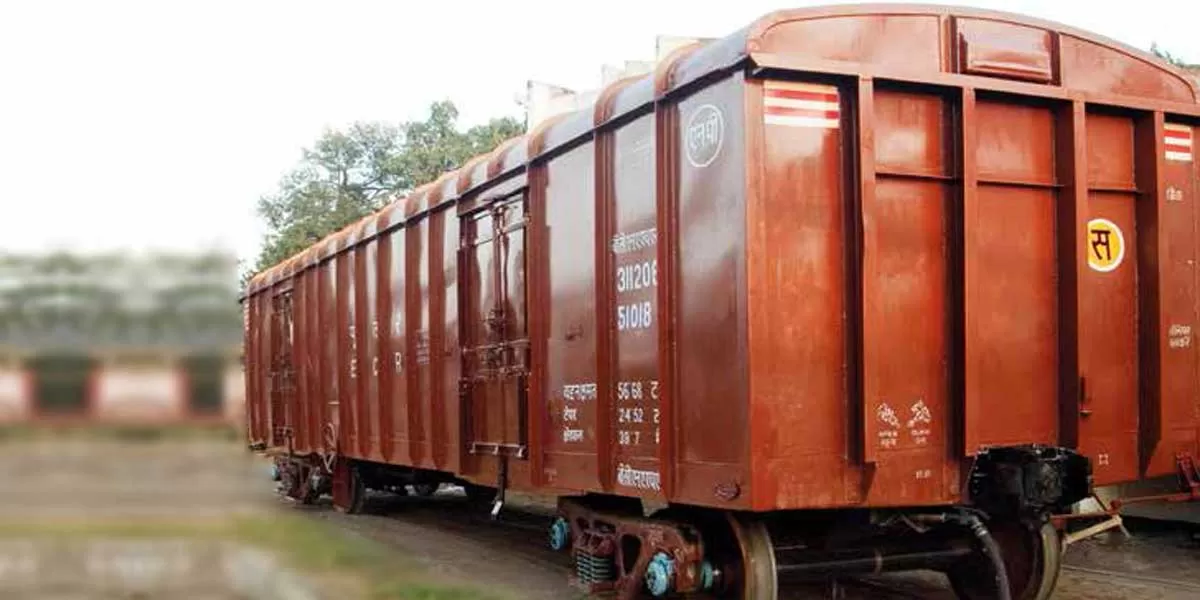
Titagarh Rail Systems Wins Adani Cement Order for 16 Wagon Rakes
Titagarh Rail Systems Limited (TRSL), a leading Indian rolling stock manufacturer, has been awarded a significant contract from Ambuja Cements Limited and ACC Limited, part of Adani Cement. The order, valued at approximately Rs 537.11 crore, includes the manufacture and supply of 16 BCFCM (Bogie Covered Fly Ash/Cement Wagon) rake wagons with BVCM (Bogie Brake Van Type) wagons, further reinforcing TRSL’s leadership in the freight rolling stock sector.The contract underscores TRSL’s expertise in designing and manufacturing specialised freight wagons for bulk transportation. The BCFCM and BVC..






